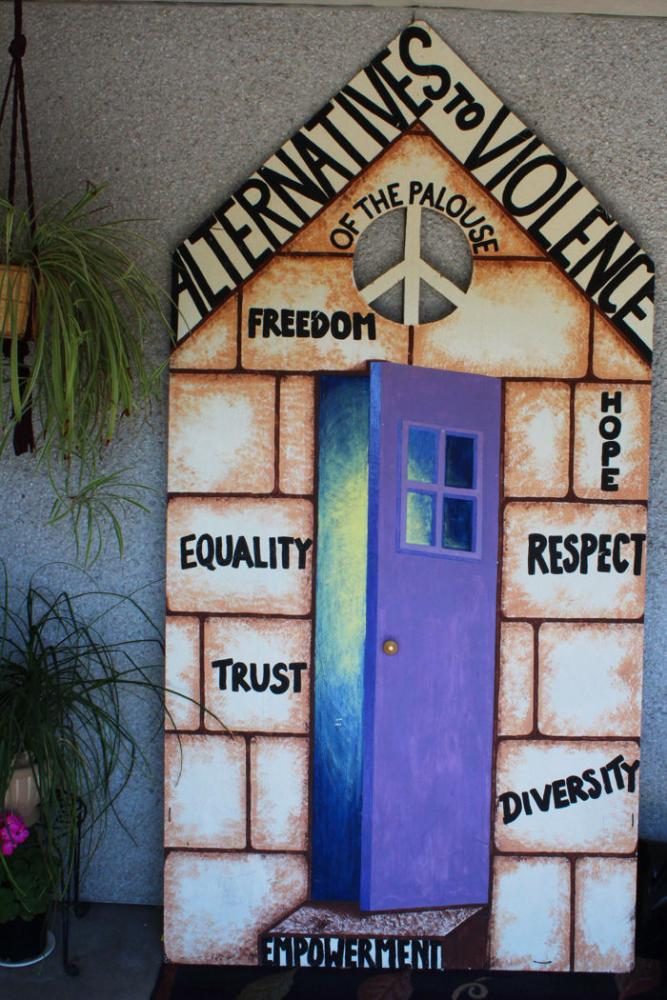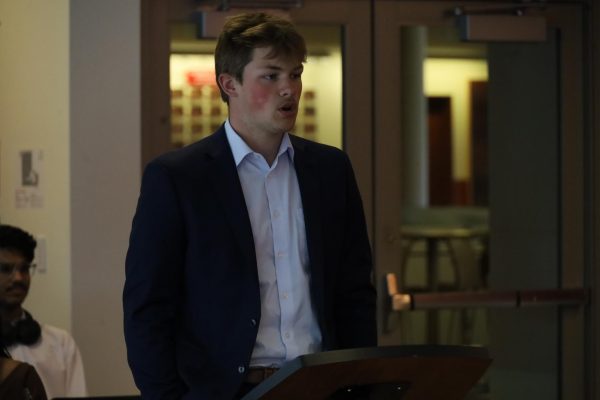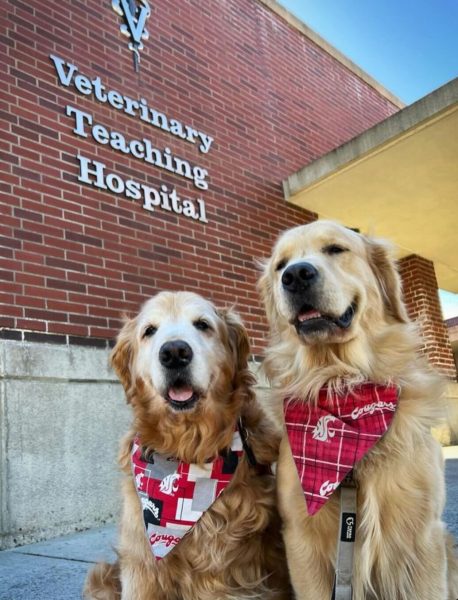ATVP: Providing options for survivors
April 22, 2016
One regional agency has helped victims of sexual and domestic abuse for 36 years, providing a network of support and services to offer safety and comfort for those in need.
Alternatives to Violence of the Palouse (ATVP) is a non-profit organization relying on volunteers to provide a 24-hour support system for families, students and children. Its services are free and confidential, and accessible by anyone in Pullman, Moscow or the outlying area on a non-discriminatory basis.
Volunteers provide legal advocacy, support groups and referrals to medical and psychiatric professionals with around 20 staff members at hand, ATVP Associate Director Emilie McLarnan said.
In 2014-15, ATVP responded to 211 instances of new domestic violence and 145 for ongoing domestic violence. Second in numbers is new sexual assault at 69, and ongoing sexual assault at 38 people during that time.
These numbers, combined with stalking and other crimes, add up to 535 total clients last year.
Secondary to serving hundreds of people per year directly, ATVP maintains education and outreach programs to make the community aware of their presence and values. By attending street fairs and university campus events, the group is continually reaching out to those who may someday need their services.
“For years and years we have been out in every nook and cranny in both counties,” said McLarnan.
She said while many of the staff may be at panels or public meetings or trainings on a given day, a balancing act takes place to make sure individuals are the priority.
“Really we do drop everything when someone in crisis contacts us,” McLarnan said, “We are very used to getting somebody to head out the door to the hospital, or up to campus, or over to the police department.”
ATVP works as a liaison between survivors of sexual assault, domestic violence and other dangerous or unhealthy situations like stalking.
Underscoring their work is a model of empowerment, which provides a complete roadmap of options for victims of any age or sex facing any problem related to abuse.
Empowerment means giving people back the power that they feel is taken from them, McLarnan said.
McLarnan said if a person has been sexually assaulted and needs help right away, a volunteer will meet them, commonly at the hospital.
From there, staff will meet with the individual before a sexual assault forensic exam – the “rape kit” – to better understand the cost, purpose and process of the exam. The volunteers are there to shed light on the situation for those who may have never experienced similar trauma before.
“No one knows this stuff until they usually end up getting thrown in the middle of it,” McLarnan said.
McLarnan said when a person calls the ATVP hotline, they could also be referred to a legal advocate, who provides counsel on dealing with law enforcement, or support staff to provide an ear for the person in crisis.
A volunteer might meet with a victim of domestic violence before going over the incident with law enforcement. McLarnan said this time is used to go over the nuances of reporting to the police, as they have a way of doing things foreign to some people.
Depending on the circumstance, victims of abuse can take advantage of the ATVP emergency shelter. The shelter is confidential, providing case management and emotional support for victims and their children in a home-like setting.
Those in need can stay at the shelter for up to 90-days. The shelter, located in a house, can hold up to 17 people at a time. The average stay, McLarnan said, is about three weeks.
“We want to make sure people know this is not like a barracks, or rows of cots. We try to make it as homey and as comfortable as we can,” McLarnan said.
The main portal between ATVP and the public is the 24-hour crisis hotline.
ATVP works in conjunction with Pullman and Moscow authorities to meet their goal of creating a safe haven for victims of abuse.
“It helps for people to understand why things are happening the way they are happening,” McLarnan said, “you may not like the outcome but at least you understand why it is happening the way it is.”
While this support is available to any who need it, there is no obligation and people can distance themselves from ATVP if and when they choose. McLarnan said some people use ATVP to deal with an initial event, then seek the support of friends or loved ones instead.
“Our sevices are entirely voluntary,” McLarnan said, “the ball is really in the court of that person who is in crisis.”
ATVP operates by informed consent, letting those seeking its services know up front that volunteers must report talk of child abuse or suicide. McLarnan said boundaries like that are relayed to clients, who are referred to ATVP through Pullman and Moscow authorities, medical facilities and university campuses in both cities.
Part of ATVP’s relationship with local police includes yearly trainings for officers on risk assessment about trauma informed interviewing. Alternatively, police help ATVP learn to use technology to assess stalking, which McLarnan said has changed the way stalking crimes happen.




















